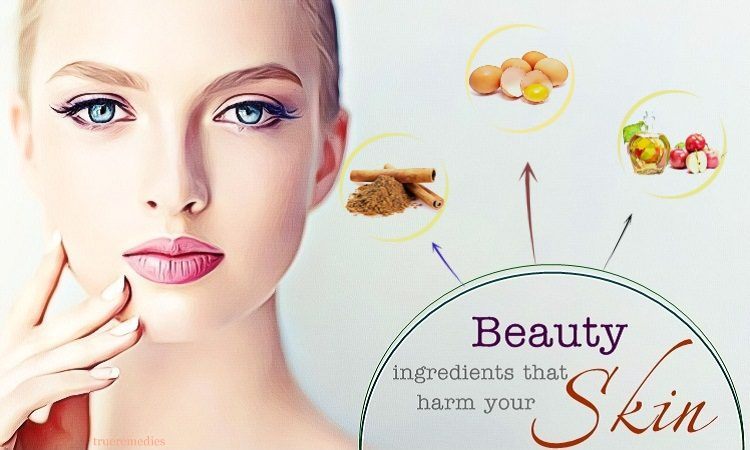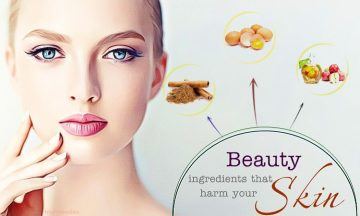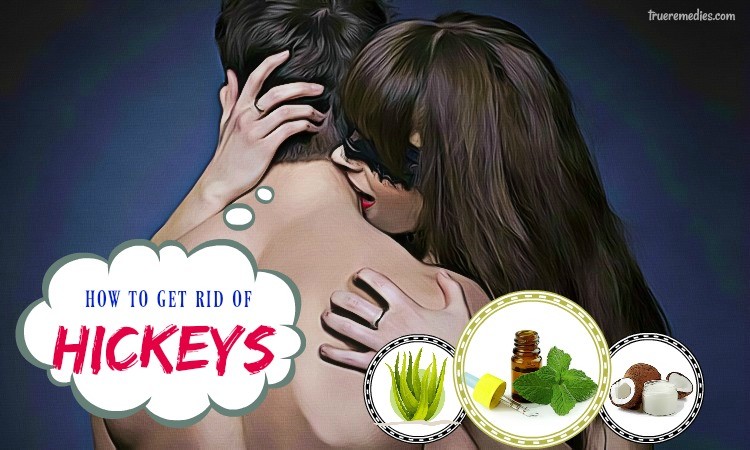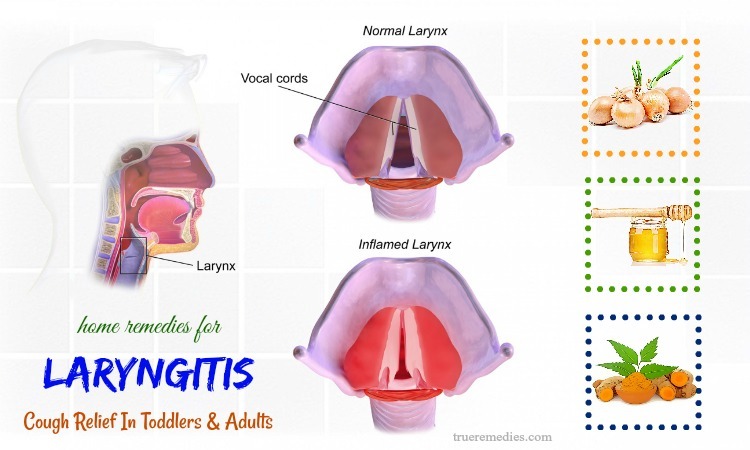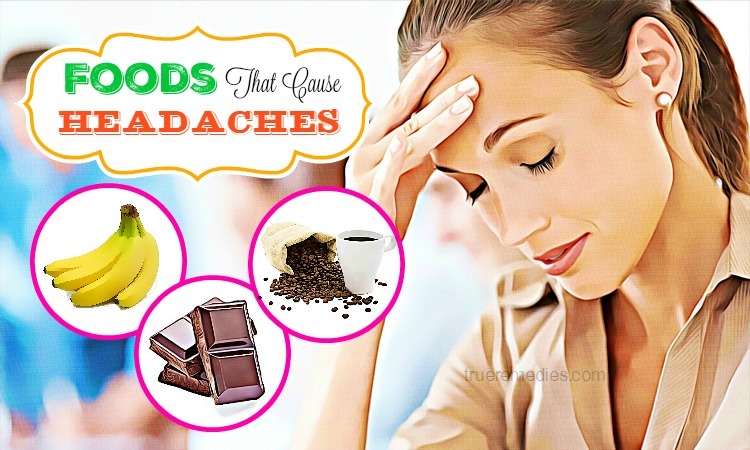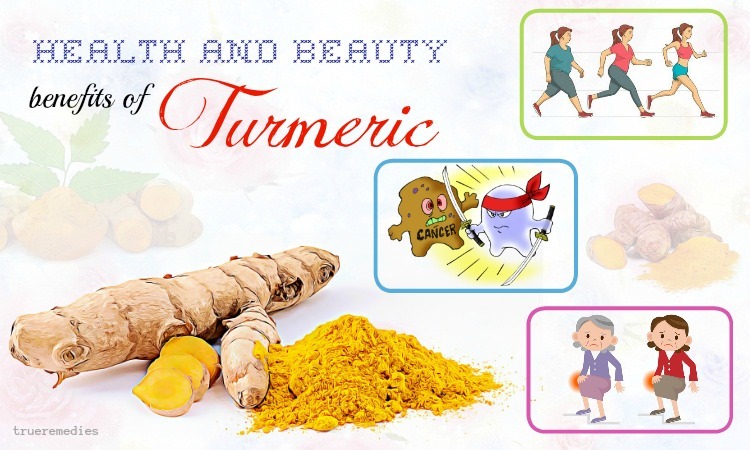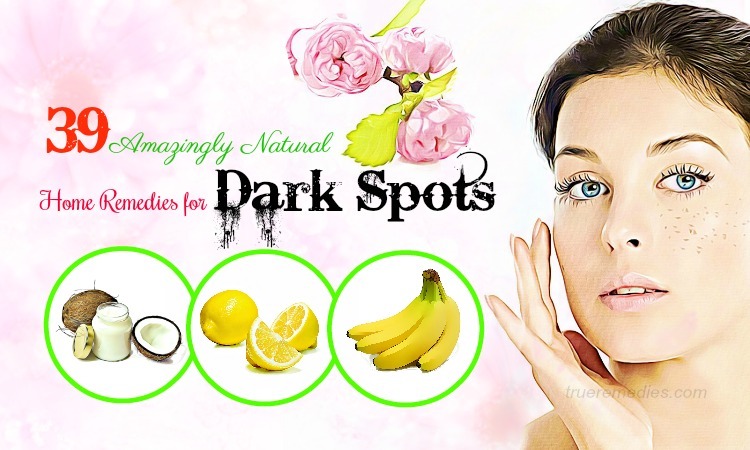Updated: 11/11/2019
Contents
Social media is loaded with millions of tutorials and ideas on how to become beautiful and deal with skin problems using natural home remedies and masks. For example, you can find a ton of the latest pimple fighter and pore minimizer. Unfortunately, not all things we see from the Internet and beauty bloggers are useful. In fact, while almost beauty masks seem easy to apply, affordable and amazing, many of them do more harm than good.
Some natural ingredients which are bought in stores or available in your fridge may harm your skin over time if they are used alone or not diluted. Therefore, it is important to think twice before using these ingredients for your skin problems, especially those following ones.
- 20 Natural Anti-Aging Ingredients Proven To Work For Skin
- 10 Best Natural Moisturizers For Dry Skin On Face And Body
Top 10 DIY Beauty Ingredients That Harm Your Skin Over Time
1. Egg Whites
Egg whites are mixed with other natural ingredients to make many kinds of natural beauty masks that are said to tighten the skin pores and make your skin smooth.
However, using egg whites may wash down the drain from your skin, leaving it dry and irritated with redness. Another side effect of raw egg white is the potential contamination with salmonella. Raw eggs are loaded with bacteria; therefore, if you, unfortunately, ingest the raw ones, you may develop a gastrointestinal tract infection. To prevent this, you need to apply the raw egg far from your mouth.
Do not apply the uncooked egg whites to your open wounds (a scratch or healing blemishes) because you may get a localized infection.
TrueRemedies Partner Solutions

Need a Help from the Leading Expert Online, Available 24/7?
They’re all here and ready to answer your questions online or by phone. Keep asking questions until you get the answer you need.
Furthermore, when you apply the uncooked egg white to your skin, your bathroom will become a health hazard as the contaminant can remain on surfaces for hours.
Despite being one of the toxic ingredients for face care, if used in the right way, egg whites still brings about amazing effects. For example, to prevent dryness, you should mix egg whites with the great moisturizers. It is recommended to buy the pasteurized eggs at the local store rather than collecting from your backyard cluckers to prevent Salmonella.
2. Cinnamon
Cinnamon is well-known for many skin benefits; however, the cinnamon mask becomes notorious after a beauty blogger reported that the cinnamon spice might cause some problems on her face. It makes us think again about the purifying power of this red spice.
Some people who use cinnamon on their skin may sense a tingling sensation and have some redness. Moreover, some reported that it caused burns on their skin and they had to visit a dermatologist to treat this issue.
Moreover, cinnamon has antimicrobial properties which are both good and bad . It is bad when you apply the cinnamon in your open wound as it can lead to spice allergy. Even your skin is not sensitive, you should be careful when using cinnamon oil because it may cause burns.
The cinnamon brings a lot of benefits and knowing these above downsides can help you find possible solutions to prevent them. For example, before using cinnamon on your facial skin or any sensitive areas, you can do a mock test on a small spot in front of your earlobe. Wait to see the reaction.
The application of cinnamon oil, as well as other essential oils, should be taken with caution. Cinnamon oil should be diluted in at least a 1:1 ratio before applied to your skin.
3. Lime Or Lemon Juice
Using a little lime or lemon juice is a popular home remedy for acne scars, hyperpigmentation, blemishes, and dull skin. Sounds wonderful, right? However, it is one of the DIY beauty ingredients that harm your skin too.
Lemon or lime juice has exfoliating properties which contribute to brightening your skin tone. However, the exfoliating properties may make your skin irritated and stinging. Furthermore, this citrus fruit leads to bigger worries such as a second-degree burn.
Using lemon or lime juice topically, you should avoid going out for at least 24 hours because the psoralens in limes and lemons can result in phototoxic skin reaction when exposed to UV light. It leaves the signs like burn or rash on your skin called phytophotodermatitis. It could last from three days to months.
4. Breast Milk
Breast milk is often used at some spas to cure acne. Loaded with lauric and lactic acids, breast milk can heal skin problems. Breast milk also contains antimicrobial properties that have been proven to help pimple-prone skin.
However, not all people can use breast milk topically because it may lead to irritation and itchiness. Furthermore, if collected and stored improperly, breast milk is a culprit for a bacterial infection because it can transfer diseases.
Breast milk can be used if it comes from a reliable source and meets the safety standards. Therefore, heading to the spa and wanting to use breast milk for skin care, you should ask about the origins of the milk first.
5. Semen
Sounds strange and odd! However, you can find many tutorials from beauty bloggers that claimed semen’s benefits including calming, moisturizing, and nourishing. Semen is also said to treat rosacea. Some bloggers also stated that semen cured their acne.
However, there is no scientific evidence about the benefits of semen. Dermatologists even revealed the truth and several harms caused by semen.
According to Yoram Harth, the medical director of MDacne and board-certified dermatologist, semen has no effect that helps acne. Besides, the proteolytic enzymes in semen leads to some exfoliation of the skin, resulting in skin dryness and itchiness.
Topical application of semen also transfers diseases, for example sexually transmitted infections. People who are vulnerable to semen allergy may experience symptoms such as burning sensation, anaphylaxis, etc.
6. Apple Cider Vinegar
Apple cider vinegar is a common ingredient for many DIY masks. It is said to treat acne, age spots, blemish scars, and moles. However, if not used properly or diluted before applying, apple cider vinegar may cause more harm than good. For example, using apple cider vinegar on your facial skin can make you feel a sting due to the highly acidic levels. Used for a long time, it can lead to the skin corroding result. Vinegar must not be used on wounds because it is caustic.
Acne sores may increase the risk of a burn and irritation. And if you use apple cider vinegar on these acne sores, you may put them at risk. Moreover, apple cider vinegar should be kept far from your eyes. Otherwise, you will experience a cornea burn or inflammation.
7. Urine
According to some folks, urine can be used for many beauty purposes, from toner to astringent. The theory behind the “urine facial mask” is that uric acid and urea in urine may amazing properties and benefits. For example, it is said to tighten the skin pores, hydrate skin, and heal acne.
Because these folks made people confused and some used urine facial masks for their beauty with the hope that they would become younger and more beautiful with the zero-cost method, experts had to find the truth. The result was that nothing happened when you used urine for beauty purposes, except for the wasted time in the bathroom.
Of course, the urine is loaded with urea. Certain skincare products also have urea used to heal conditions such as psoriasis and acne. However, the high concentration of urea (like in human waste) is not good at all. Moreover, as one of the masks that harm your skin over time, urine application on the face may transfer diseases such as infection especially when you apply it on your inflamed skin. Keep in mind that urine is actually the sterile waste; therefore, if you leave it on your body and your face, it will boost the bacteria growth.
8. Sugar
Sugar is recently used as the cheap waxing methods on how to remove hair at home. But actually, sugar waxing is the beauty trend that does more harm than good.
In fact, sugar waxing only works for specific hair lengths and it is likely to cause skin inflammation, burns, and bacterial infections. It does the same if you use sugar as the beauty masks. So, I would like to mention sugar in the article about common toxic ingredients for face care.
9. Charcoal
Recently, the Internet goes wild with many tutorials and information that charcoal masks can help many skin problems and make your skin glowing and white. However, charcoal is one of the masks that harm your skin over time as it can lead to serious skin damage.
Charcoal has detoxifying and cleaning properties which are said to brighten your skin tone and remove the skin impurities. However, it will end up in the catastrophic result especially when you have sensitive and thin facial skin because it can tear off the fibers and collagen elastin, leading to the microtrauma to your skin.
Furthermore, this mask also removes all moisture and oil from the skin, causing dryness and irritation problem.
10. Toothpaste
Toothpaste has antibacterial properties; therefore, it is used for many beauty purposes especially the removal of acne spots on your face. However, it is important to keep in mind that toothpaste is formulated to treat your tooth enamel, not your sensitive and delicate skin.
What happens when you use toothpaste on your skin? Your skin will be dry out, lose the pH balance, and result in an irritated and flaky complexion.
Although a natural ingredient is proved to be effective in making skin glowing, boosting the hydration, or aiding irritation, it is important for you to check the origin to ensure that these ingredients are tested, packaged, stored, and diluted safely before using on your skin. For any beauty ingredients that harm your skin, you should understand their benefits and downsides as well as the way on how to apply them properly. We hope that you have found useful information in this article on Skin Care category of True Remedies. Any questions can be left in the comment section and we will answer them as soon as possible.

